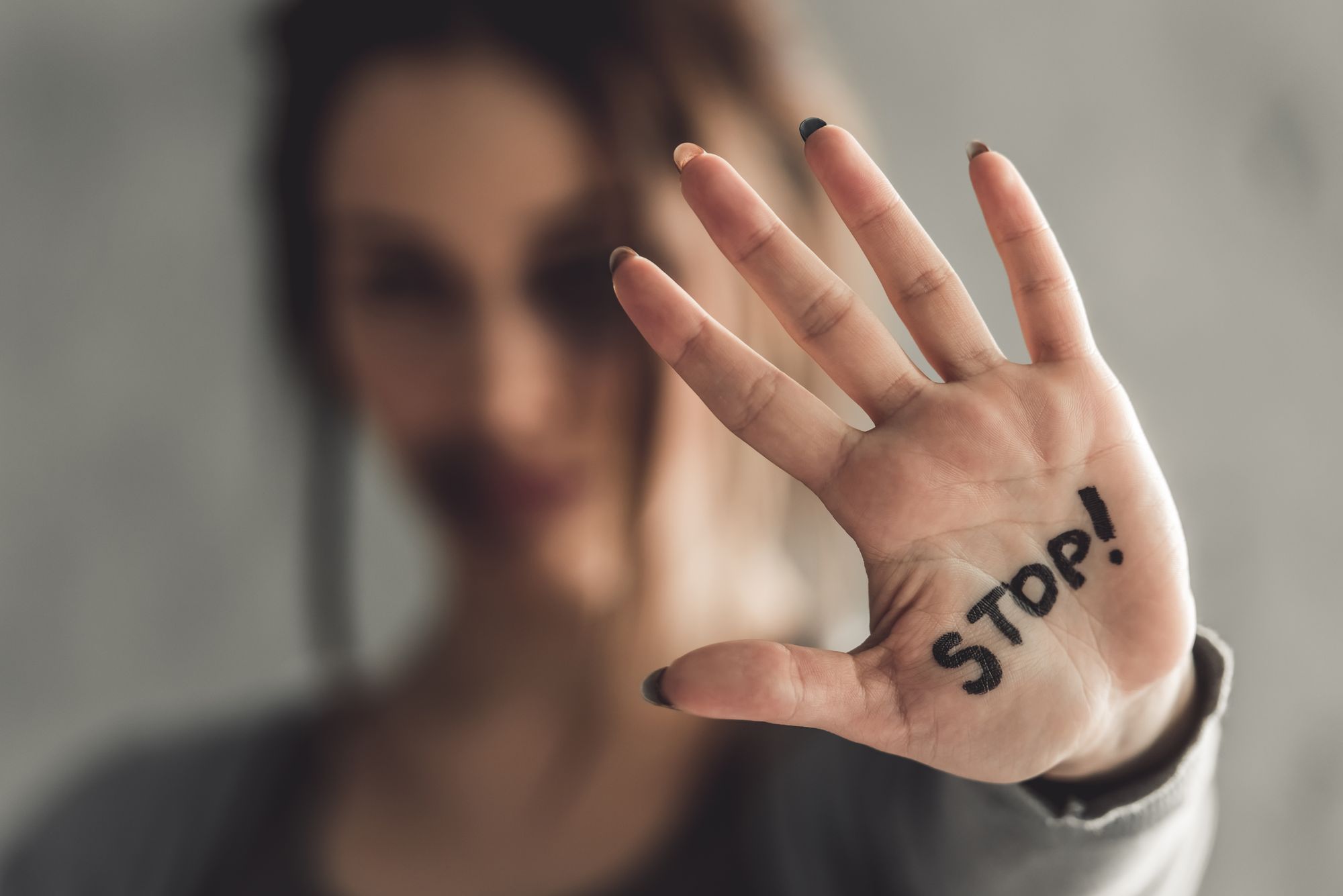How many times after the honeymoon period of a relationship have you felt strangely confused? Do you wonder when that sunshine love slowly chipped away Do you begin to believe that it is normal to be treated somewhat less than what you would like because that is just how long-term relationships are?
Granted that the honeymoon kind of love does fade away, respect, care, and understanding stay. Often enough, while we are living our whirlwind life filled with our family, friends, partner, career, and health, we miss signs of how we are being treated in negative ways. A very common form of this is emotional abuse.
So, we got in touch with Mrs. Neerja Birla, Founder & Chairperson, of Aditya Birla Education Trust to help us learn better about what emotional abuse means, how to spot it, and how to deal with it the right way. She started off by saying,
It is assumed that treating a woman badly is a thing of the past or happens only with the less educated and financially unstable parts of society. This could not be further from the truth. Emotional abuse is a phenomena amongst a sizeable part of society that live in the largest cities, drive the shiniest cars and own the fanciest homes.
This also does not happen only in romantic relationships, though it is a very large bracket. You could also experience this to varying degrees with a friendship, a parent, a colleague, an in-law or any other important relationship in your life.
Let us break this reality down for better clarity.

1. What is Emotional Abuse Or Psychological Abuse?
Being put down, manipulated, dismissed, belittled, verbally threatened, embarrassed on purpose, trivialised, or isolated are some of the outcomes of being emotionally abused.
2. How To Recognise It For Yourself?
Usually, we tend to ignore small acts that make us feel let down, left out, or disrespected. We pass it off as ‘these things happen.’ There is a fine line between realising when we feel like this once in a while versus when it just becomes a part of life.
A few ways to recognise that you are a victim of emotional abuse include:
1. On & Off Ghosting
When you find yourself pining for a reply, especially in the midst of an unpleasant experience with a person, it is time to realise that you are being devalued. You will notice that you feel almost desperate. When and if you do get a response, you are willing to do whatever it takes to dissipate the anger of the other person. This is unhealthy. Mature adults talk about their disagreements and you are absolutely allowed to agree to disagree.
2. Gaslighting
When you reach a point where you start wondering if there is something wrong with you, if you need to change, if you are just ungrateful—you are witnessing red flags. These can come via forms of jealousy disguised as passionate love, guilt-tripping you, blaming you, and confident denial.
3. How To Speak Up & Stand Up For Yourself?
The first thing to keep in mind is that you are not to blame and the main purpose of the abuser is power and control. Prioritize yourself and discuss your emotions and side of the story with a trusted person or a therapist if you must. This will help you to get perspective. Depending on the nature and length of the relationship, take the required action steps which may mean cutting off and regaling how you are going to deal with this. If you think professional help for your abuser is required, state it firmly and respectfully. While many of these things may seem daunting, especially if you have been pushed into a corner, take one small step today.

You matter, your thoughts matter, your emotions matter. You can find the courage to spin things around by setting defined boundaries and allowing yourself to be treated the same kind way you treat others. You got this!
Follow @missmalinilifestyle on Instagram for more content like this and download the Girl Tribe by MissMalini App to join our Sex & Relationships community.

